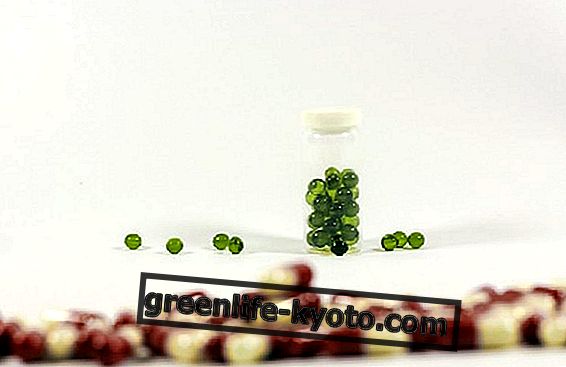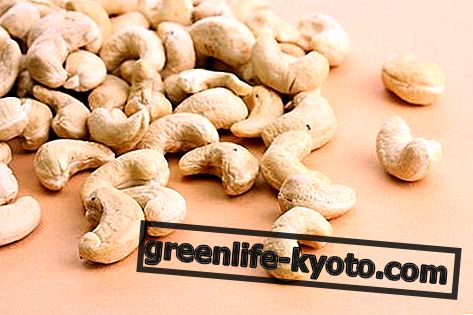
Is hiatal hernia a disease? In itself it should not be considered as such, since it is an anatomical alteration, given by the sliding of a part of the stomach above the diaphragm through the esophageal hiatus.
It does not show any particular symptoms, but it is mostly associated with gastro-oesophageal reflux phenomena, which can be more or less acidic and damage the vocal cords or epigastric pains of various sizes, belching.
This upward flexion of the stomach is a loss of bowel tone, a loss of "form"; from a psychosomatic point of view a search by the "great alchemist" to get out of his own boundaries, perhaps because something tends to escape the process of digestion, absorption and selection.
Or it can be interpreted as a block that the diaphragm pushes upwards to protect itself, as if to create a barrier from the path of transit from the outside to the most visceral part of the organism.
Some herbal remedies can be of great help, along with a balanced diet in which some foods will be avoided, sedative symptoms associated with reflux and work at a deeper level on the cause.
1) Licorice ( Glycyrrhiza glabra )
The licorice root has anti-inflammatory, spasmolytic, healing and protective properties of the gastric mucosa, but also of the throat and esophagus.
It assists digestion, eliminates acid reflux thanks to the presence of flavonoids and glycyrrhizin and is also effective in the case of ulcers . Licorice has a broad-spectrum anti-inflammatory and antispasmodic action: it disinfects the oral cavity, the esophagus, the stomach. Calm spasms and epigastric pains, abdominal muscle contractures.
Ensures adequate protection for the liver, thanks to its antioxidants that promote the increase of hepatic glycogen. Unfortunately this remedy is not for everyone: those who suffer from hypertension must make limited use of it, because licorice tends to raise the blood pressure!
For a phytotherapeutic use, the mother root tincture is indicated: 30-60 drops twice a day before meals, dissolved in a glass of water.
Here's how to grow licorice at home

2) Althaea Officinalis
Altea is a plant rich in mucilage with emollient and anti-inflammatory properties . In fact, both at the esophageal level and at the level of the gastric mucosa, it exerts a protective action, forming a light film that adheres to the gastric walls and protects them from the attack of acids. In addition to exercising a gastroprotective function, Altea performs an analgesic, antiseptic, healing and re-epithelising action .
Althea's Mother Tincture is cold prepared from the root, so that the extracted mucilages do not undergo alterations. The standard dosage is 30 drops 3 times a day dissolved in a glass of water.

3) Scutellaria Lateriflora
Scutellaria is a plant with a characteristic purple inflorescence that boasts anti-inflammatory, antispasmodic, astringent, febrifuge, and tonic properties . Its spasmolytic and astringent action is expressed at the gastric level to sedate spasms and pains that can be caused by hiatal hernia.
This remedy acts on the central nervous system, calms anxious states, insomnia, tensions. On a neurovegetative level, it regulates blood pressure and circulation in general. Scutellaria thus acts on the problems of hiatal hernia and gastro-oesophageal reflux in a psychosomatic key.
Scutellaria's mother tincture is obtained by maceration of the entire plant. From 20 to 30 drops 3 times a day in a glass of water.

Heartburn: never tried the mallow?
> Hiatal hernia, how to reduce sitomas













